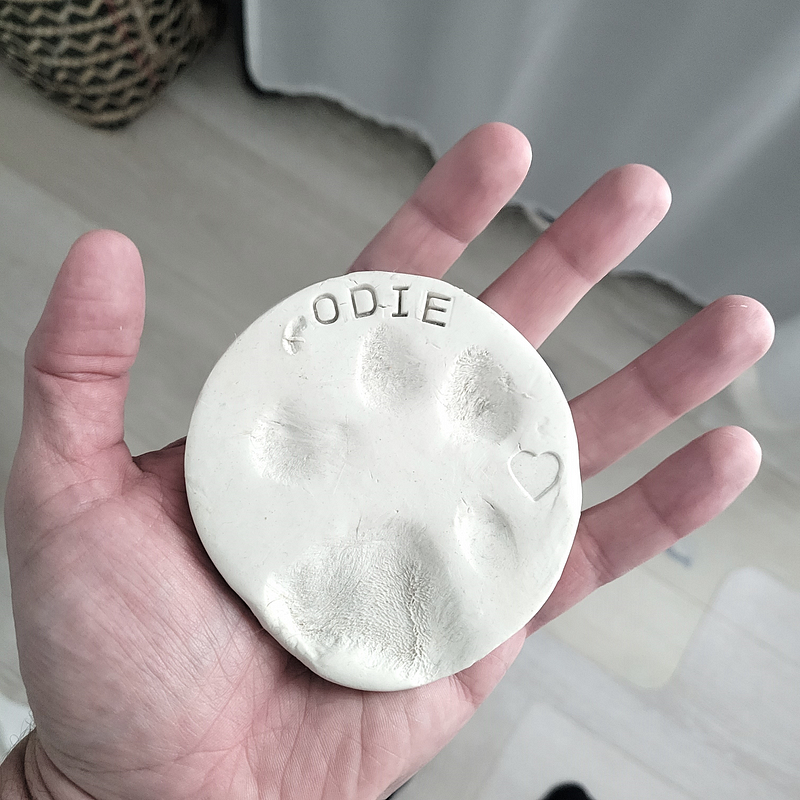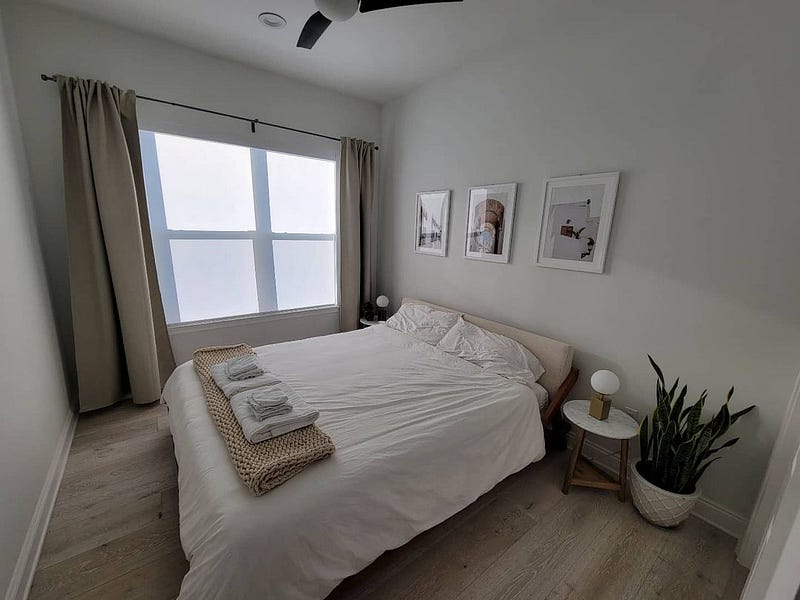Decluttering Insights: Navigating the Journey to Minimalism
Written on
Chapter 1: The Weight of Our Possessions
As I pushed the ceiling hatch upward, the ladder wobbled beneath me, sending my heart racing. I quickly steadied it, relieved to avoid an emergency trip. This moment reinforced a simple truth: gravity is ever-present and unforgiving.
Trying again, I opened the hatch and was met with the sight of my attic’s contents—an unwelcome reminder of clutter. “More junk,” I thought, surveying four boxes that didn’t belong to me. Leaving behind mystery boxes felt like bad karma, just as the previous owners had left for me. One box contained random papers, another held 80s adult magazines—definitely a questionable gift for the new occupants. The last two boxes, filled with children’s clothes, bore the signs of rodent damage.
A month earlier, my partner had warned me, “Your move will be more complicated and expensive if you take all this stuff with you.” Initially, I resisted her advice, but her reasoning sparked a pivotal change in my life: a journey into decluttering. This process not only helped me discover more about myself but also shifted my lifestyle and exposed the peculiar relationships we form with our possessions.
Every Item Tells a Story
In my closet stood an acoustic guitar, adorned with dust and only four functional strings. I had learned to play on it a decade ago, and despite my lack of talent, it had become a cherished artifact. Piles of old homework assignments cluttered my space—memories of a school experience I never enjoyed, unlike my partner, who saved her treasured assignments as if they were family heirlooms. I also found an empty box for my long-stolen Xbox, which had once promised to hold treasures, even though I already owned empty shelves.
Broken keyboards were stacked like jigsaw puzzles missing their pieces, and half of my clothes were unworn—casualties of misguided gift-giving. As junk haulers arrived to clear my space, I marveled at the mountains of clutter being towed away, questioning how I had let it accumulate. I felt like an emperor, deciding the fate of each item: some were granted a reprieve, while others—like my uncomfortable couch—were sent off to an early retirement.
Surprisingly, this purge had a positive effect. I began to feel lighter and more focused. As Dr. Stephanie McMains explains, clutter creates visual distractions that can overwhelm the brain, increasing stress. Too much chaos can lead to procrastination and even unhealthy eating habits.
Objects Are Not Just Things
Every object carries a narrative, and some stories are worth preserving. For instance, I hold onto items that remind me of loved ones I’ve lost:

This is why clutter is subjective; some belongings make a house feel like home. Yet, it’s easy for items to accumulate unnoticed over time. The storytelling part of my brain often complicates my decluttering efforts. A voice inside whispers, “You might need those 5,000 index cards someday.” I’ve learned to silence that voice to avoid becoming overwhelmed.
In my decluttering venture, I made $500 selling items on Facebook Marketplace, though impatience often made me give things away for free. One buyer left with not only a ladder but also a lawnmower and weedwhacker—courtesy of my newfound HOA that handles lawn care.
Now, my home is minimalist and easy to navigate. My life has improved significantly. I used to be notorious for misplacing my keys and wallet, but now everything has its designated place, freeing me from the chaos of distraction.
Establishing New Habits
I adopted practical strategies, such as enforcing a no-floor-clutter rule and limiting dressers in rooms, which often become dumping grounds for forgotten items:

It’s unfortunate that it took me so long to embrace this change, especially knowing better. My family moved 13 times by the time I was 18, and despite our constant purging, my mother would joke, “Your dad and I can’t get divorced because we have too much stuff to divide.”
To help me decide what to keep, I started applying the six-month rule I learned from my parents: if I hadn’t used something in six months, I asked myself if it was worth keeping. Exceptions exist, but often, if something hasn’t been used in half a year, it likely won’t see the light of day in the next six years.
Another useful thought exercise is imagining that all my belongings must be launched into space, where each item incurs a weight cost. This helped me realize that my broken laptop and a collection of comics that would never be valuable simply didn’t make the cut.
A decluttered space feels airy and effortless. It enhances efficiency and promotes relaxation. Much like losing weight, it’s liberating. It becomes easier to locate important items when you’re not mentally tracking a dozen unnecessary ones.
Be mindful of the narratives your mind spins about objects and their importance. Stay disciplined. Embrace a lighter, more intentional lifestyle. Let go of excess. Find freedom in simplicity.
Chapter 2: The Power of Letting Go
This TEDx talk titled "Mastering Gravity" by Ole Kristian Sivertsen explores how we can navigate the complexities of life and possessions, emphasizing the importance of balance and intentionality in our choices. The insights shared can inspire your own journey toward minimalism and clarity.